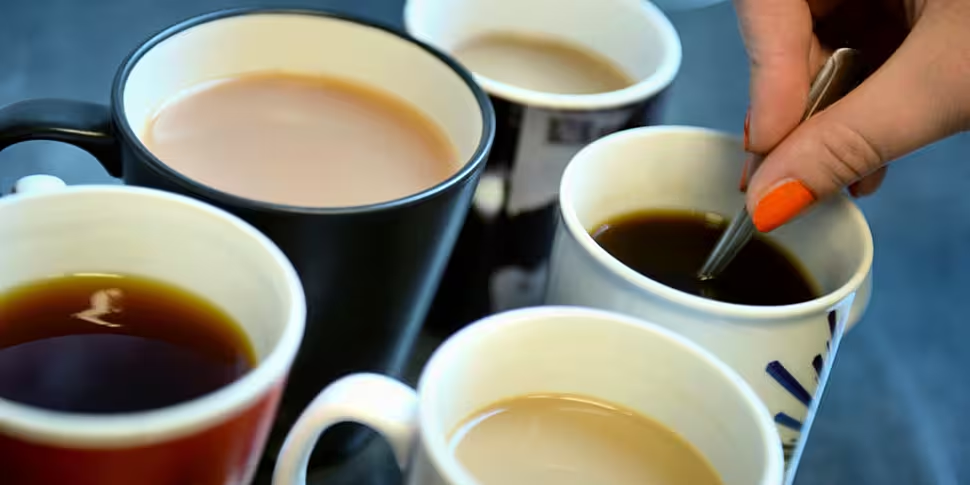People could be ingesting tiny microplastics every time they drink a cup of tea, new research has suggested.
The recent introduction of plastic tea bags means that fans of the beverage could be consuming micro and nano-sized plastics.
Researchers from McGill University in Canada found that billions of these small particles are released from the bags when brewed.
They examined four types of commercial teabags which are made using plastic, rather than paper, and removed the tea leaves in order to get an accurate result.
They found that a single plastic teabag at brewing temperature released about 11.6 billion microplastic particles into the water.
The scientists said that those levels "were thousands of times higher than those reported previously in other foods".
Using water fleas to test the effects of ingesting these particles, the researchers observed "some anatomical and behavioral abnormalities".
However, the authors of the study said more research is needed to determine if the plastics could have any effects on humans.
They said that the research, published in the American Chemical Society journal Environmental Science & Technology, suggests further investigation is needed in his area.
In August, the World Health Organization (WHO) called for further assessment of microplastics in the environment and their potential impacts on human health.
They said that their analysis of microplastics in drinking water showed that they did not appear to cause any adverse effects to peoples' health.









